Publications
Articles, publications, books, tools and multimedia features from the U.S. Institute of Peace provide the latest news, analysis, research findings, practitioner guides and reports, all related to the conflict zones and issues that are at the center of the Institute’s work to prevent and reduce violent conflict.
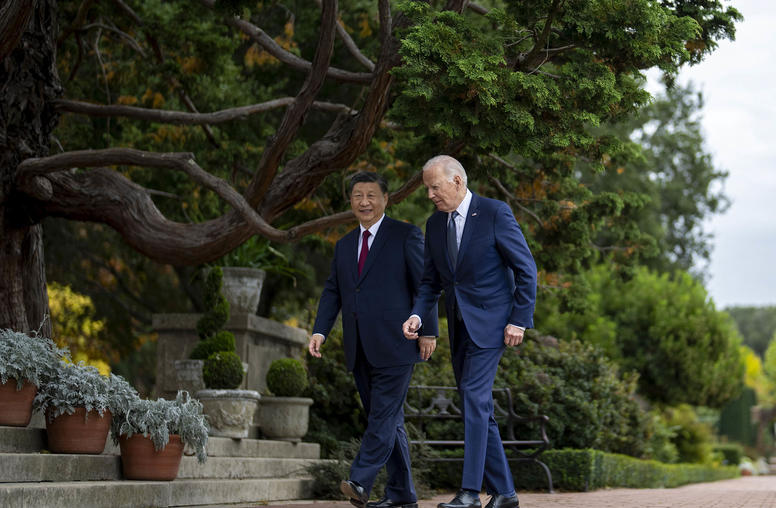
Biden and Xi at APEC: Averting Further Crisis in U.S.-China Relations
President Joe Biden and Chinese leader Xi Jinping spoke for several hours on the sidelines of the Asia-Pacific Economic Cooperation (APEC) Summit this week in San Francisco. After several years of deteriorating relations — and frozen communication — between Washington and Beijing, Biden characterized the talks as the “most constructive and productive” since he came to office. But the increasing strategic competition between the two powers leaves major issues still to be addressed, such as China’s aggression in the South China Sea and Taiwan Strait, BRICS expansion, nuclear security, and the wars in Ukraine and the Middle East.

China-Colombia Relations are Growing, if Slowly
Colombian President Gustavo Petro’s visit to Beijing in October amounted to a notable — if quite small — step forward for China and Colombia, building on growing trade and other ties, while also laying the groundwork for cooperation on issues, such as media and security, which China has promoted across the region.
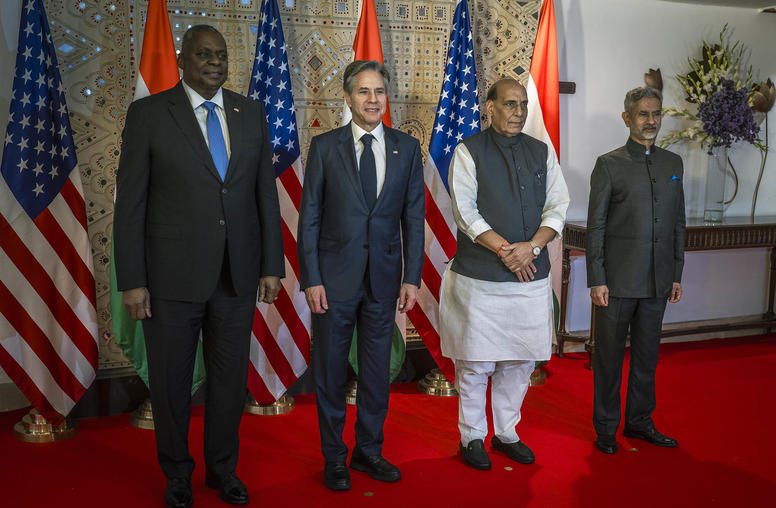
Ahead of Biden-Xi Meeting, U.S. Administration Keeps Focus on the Indo-Pacific
With the world’s attention on the Middle East, U.S. leaders highlighted a continued focus on the Indo-Pacific over the last two weeks heading into the Asia-Pacific Economic Cooperation (APEC) summit in San Francisco.

Myanmar’s Junta Is Losing Control of Its Border with China
Myanmar’s military has lost control of substantial sections of the country’s border with China in recent days, as forces fighting the coup regime coordinate their attacks in an unprecedented way. The immediate aim of the combined offensive was to shut down lucrative criminal activity in enclaves along the Chinese frontier that are run by military-sponsored border guard forces. Significantly, in doing so, the insurgents took advantage of China’s recent efforts to stifle scams run from the enclaves that target Chinese citizens. This could mark a turning point in the national struggle against military rule, one that would pose serious new challenges to the anti-coup leadership, the international community and Myanmar’s neighbors.
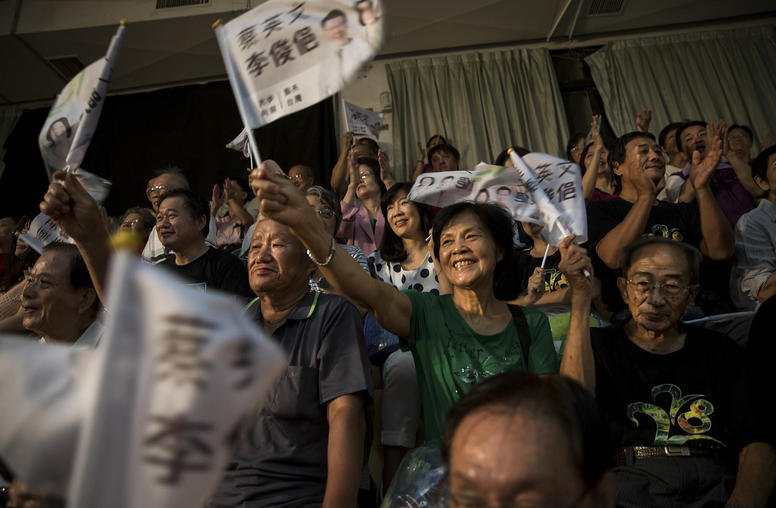
What You Need to Know About Taiwan’s Pivotal Presidential Elections
Ahead of the November 20 deadline to register candidates, Taiwan’s campaign season for the January 2024 presidential elections is in full swing and voters are presented with four candidates. While economic and energy policies will be key for voters, the chief foreign policy issue is how to manage relations with China. Both Beijing and Washington will be watching closely for what the election augurs for cross-Strait tension and Taiwan’s relationships with the world’s two major powers.
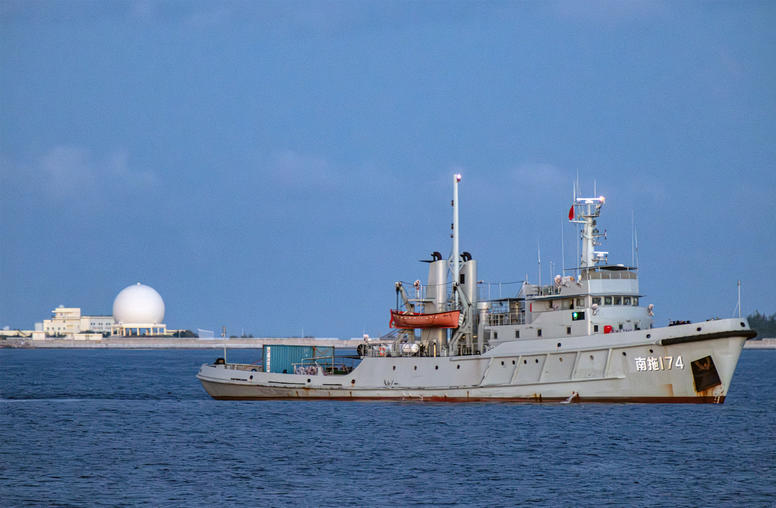
Let’s Call China’s Actions in the South China Sea What They Really Are
In recent months, the Chinese Coast Guard and Beijing’s maritime militia have used dangerous maneuvers to block and harass the Philippine Coast Guard and Armed Forces of the Philippines from conducting resupply missions to the BRP Sierra Madre in Ayungin Shoal. An October 22 collision between two of the countries’ coast guard vessels is just the latest incident of maritime confrontation. As tensions rise, the stakes are high and could draw in the United States, which has a mutual defense treaty with the Philippines, and other naval powers.
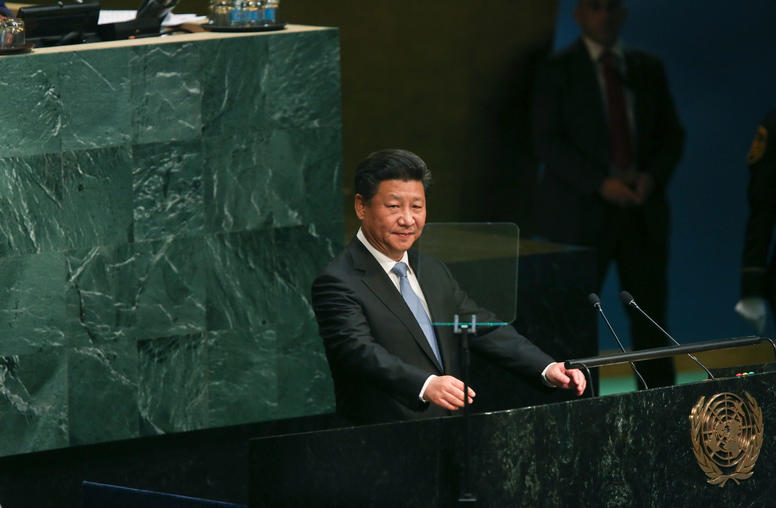
What China Wants in the Middle East
Amid the current Middle East crisis, China has three objectives: Beijing seeks a semblance of peace in the Middle East, hopes for a halt to the Israel-Hamas conflict and wants to project an image of a responsible great power. But the Chinese Communist Party (CCP) almost certainly won’t make any meaningful contribution toward Middle East peace, nor is it likely to take serious steps to facilitate an agreement to suspend hostilities in Gaza. Yet, amid not delivering on objectives one and two, the CCP is well postured to advance its third objective of making itself look good in the eyes of three audiences: the Chinese people, the Arab street and the Global South.

Andrew Scobell on China’s Aggression in the South China Sea
In asserting its claims in the South China Sea, Beijing “recognizes that international law is not on its side,” says USIP’s Andrew Scobell. Instead, China has resorted to gray-zone provocations against the Philippines and others that “are deliberate, on China’s part, to keep [the situation] below the threshold of war.”
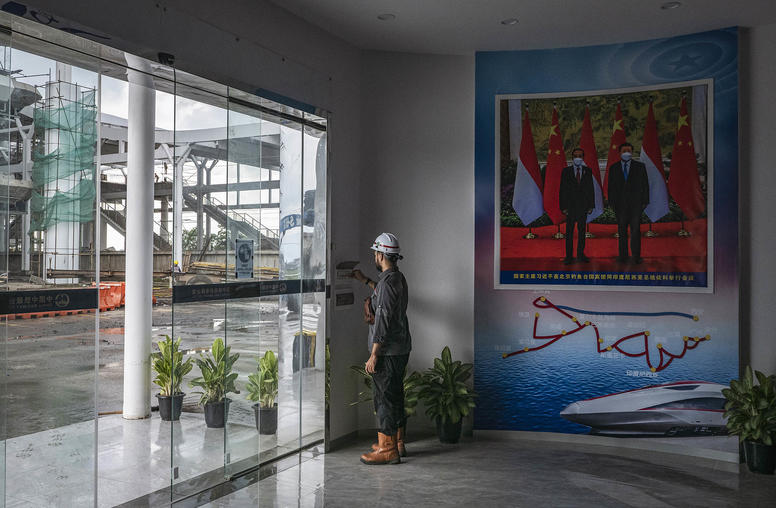
Why China is Rebooting the Belt and Road Initiative
World leaders gathered in China last week for the third forum on the Belt and Road Initiative (BRI), Xi Jinping’s massive, trillion-dollar physical and digital connectivity project. As the BRI turns 10 this year, Beijing is looking to reboot Xi’s signature foreign policy program amid criticism of the debt load it often burdens partner countries with and other environmental and human concerns. In light of these criticisms, China emphasized last week that the future of the BRI is “smaller” and “greener” projects.
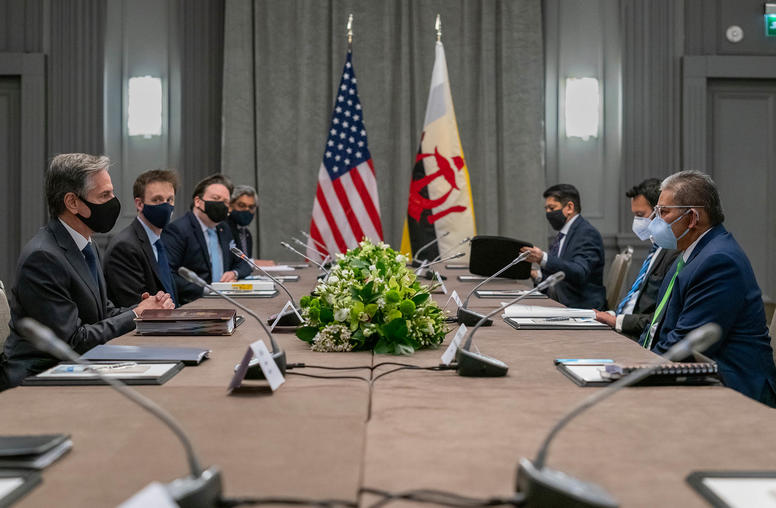
Why Brunei is Hedging Between the U.S. and China
The U.S.-China rivalry is fundamentally transforming the conventional pillars of Asia's economic and political landscape as it plays out across many domains — including diplomacy, commerce, security, intelligence, ideology, values, science and technology. The United States' posture toward China has seen a seismic shift in recent years, driven by American perceptions of China’s rise and the threat it poses. Indeed, China’s economic ascendance and its growing importance in the international system — demonstrated by its economic success, military strength and soft power influence — pose a geopolitical challenge to the United States’ preeminent position in international politics. While this rivalry is shaping the global order, there’s nowhere it’s felt more than in Southeast Asia.